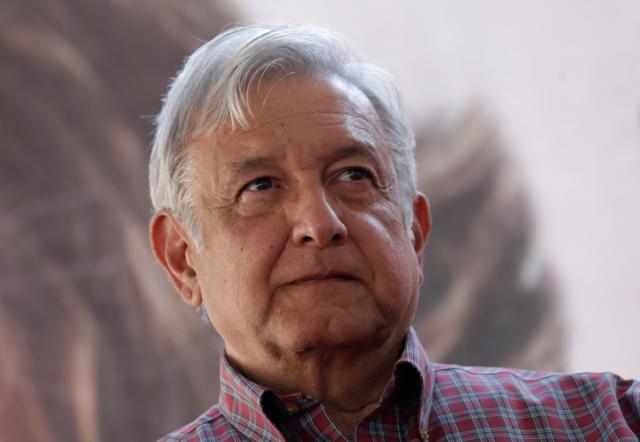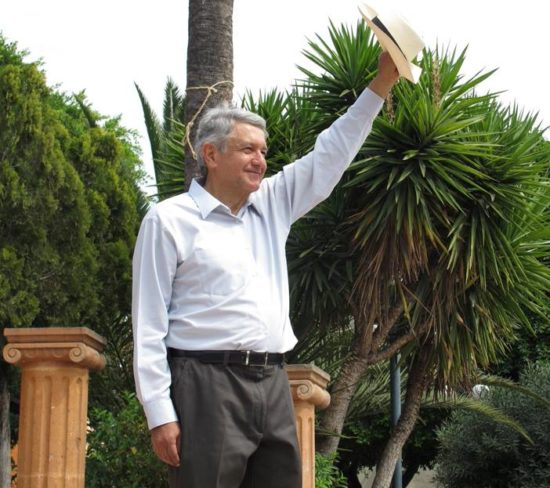Mexico goes to the polls this Sunday July 1st, to choose its next president. Barring a last-minute surprise, the winner will be Andrés Manuel López Obrador, a populist candidate who has sometimes styled himself as a foil to Donald Trump.
Though Americans often forget it, the relationship between Mexico and the U.S. is rooted in rivalry. “Poor Mexico,” the longtime dictator Porfirio Díaz once reportedly remarked. “So far from God, so close to the United States.”
During the Mexican-American War, the U.S. exploited a border dispute to conquer and annex most of northern Mexico. During the Mexican revolution in the early 20th century, American troops seized the port city of Veracruz and invaded northern Mexico in response to Pancho Villa’s raids on U.S. territory.
Little surprise that for many Mexicans, the U.S. was a greedy, aggressive power that repeatedly humiliated its weaker neighbor. For many Americans, Mexico was a failed state that produced instability and violence.
Throughout much of the 20th century, relations were hot and cold. Mexico fought with the allies during World War II and sometimes helped the CIA by monitoring Latin American communists and Castro’s Cuba during the Cold War. Yet the Mexican government also nationalized foreign-owned oil companies in 1938, and Mexican diplomats frequently put their country at the forefront of opposition to U.S. policies in the United Nations and other forums. The authoritarian Institutional Revolutionary Party, which monopolized domestic politics for decades, relied on nationalism — often of an anti-U.S. character — as a pillar of its legitimacy.
Beginning in the 1980s, however, the relationship began a fundamental change. Mexico’s economic liberalization made possible the establishment of a more fluid and cooperative economies ties, formalized by the signing of Nafta in 1992. Political liberalization in Mexico brought to power a new generation of PRI leaders — technocrats, often educated in the U.S., who saw closer relations with Washington as a way of modernizing their own country.
Then came the rise of an authentically democratic system and two conservative, opposition administrations — under Vicente Fox and Felipe Calderón of the National Action Party — that steadily expanded the relationship. From Ronald Reagan to Barack Obama, Democratic and Republican presidents had the good sense to encourage these trends.
Even the darkest clouds have had silver linings in this regard. The Sept. 11 terrorist attacks fostered enhanced cooperation on counterterrorism and border security. In the face of horrific violence by Mexico’s drug cartels, strong political leadership, mostly by Calderón and George W. Bush, led to a whole new level of coordination between U.S. and Mexican law enforcement agencies and, more quietly, between the defense establishments of the two countries.
In addition, few Americans are likely aware of how much Mexico has helped the U.S. deal with the challenge of illegal immigration.
Click here for full article on Bloomberg



